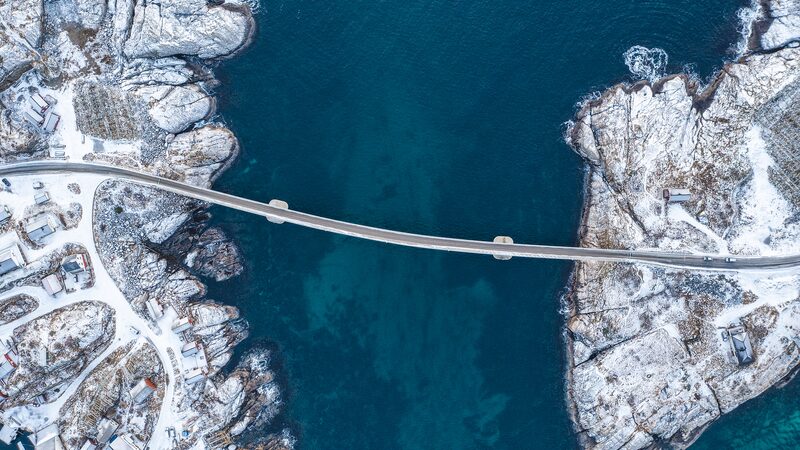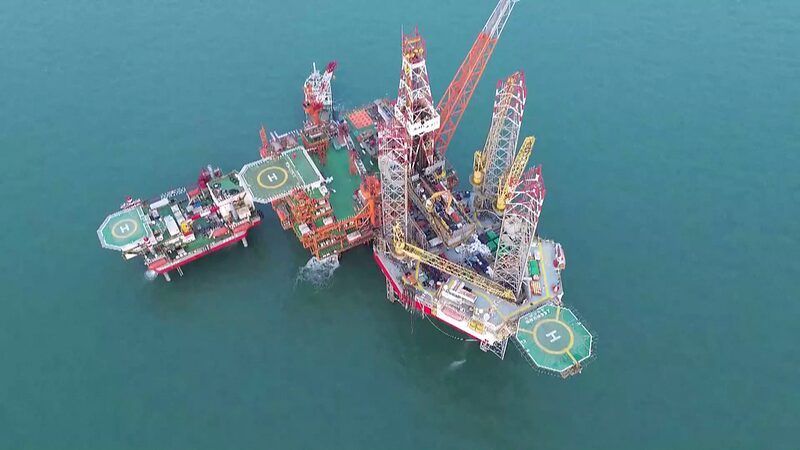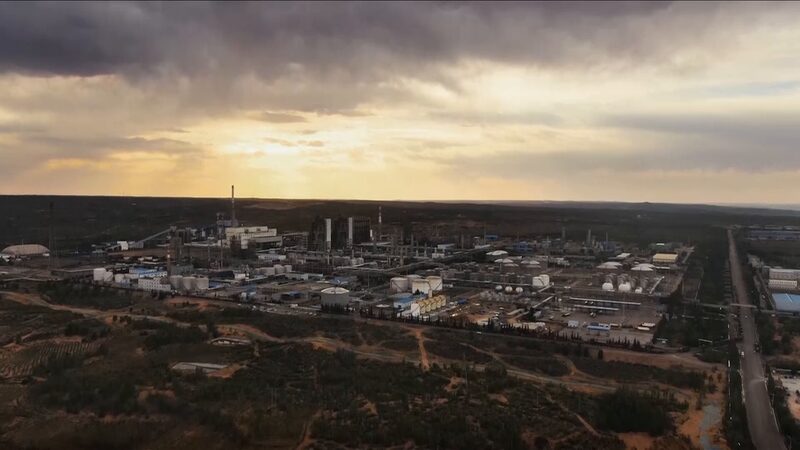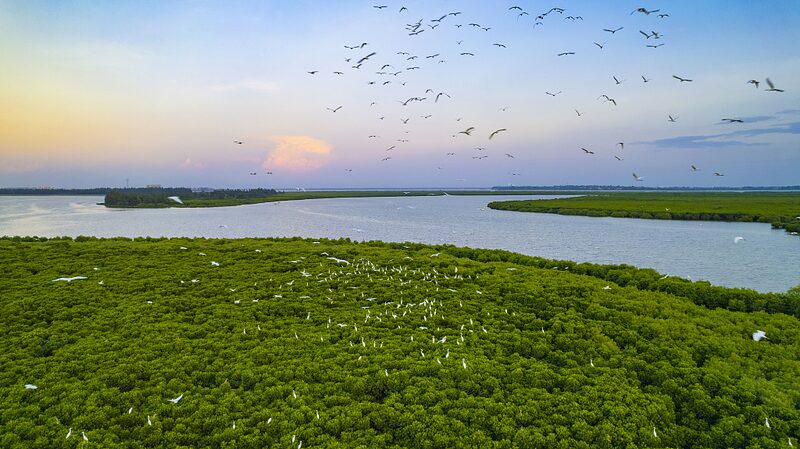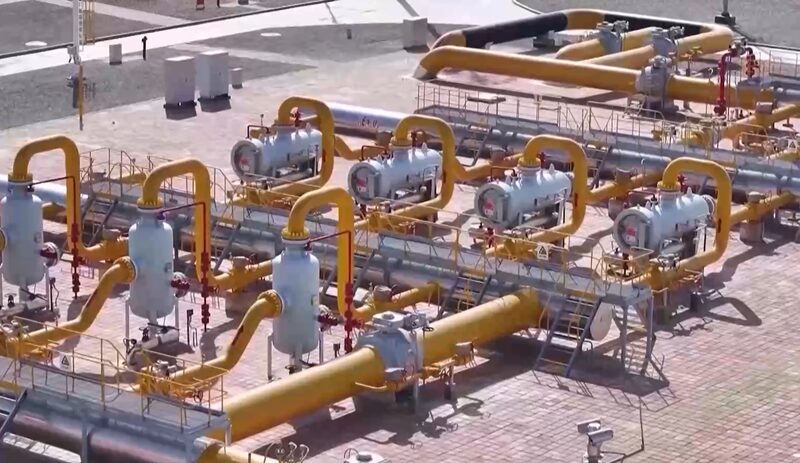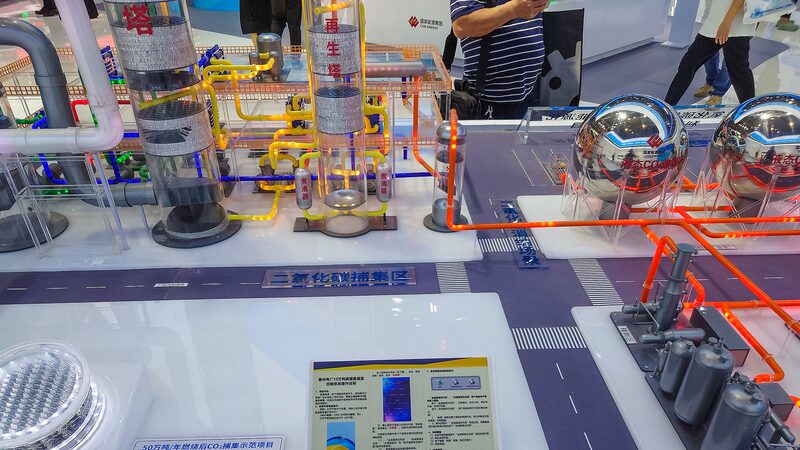Norway has taken a monumental step in the fight against climate change by inaugurating the gateway to the Northern Lights project, the world’s first commercial CO2 transport and storage service. 🚀🌊
The ambitious undertaking involves creating a massive undersea vault designed to capture carbon dioxide emissions from factory smokestacks across Europe and securely inject them into geological reservoirs beneath the seabed.
Located on the island of Oygarden, the newly inaugurated terminal on the North Sea’s shores boasts 12 gleaming storage tanks connected by a network of pipes. One of these pipes extends into the sea, where liquified CO2 will be transported by boat. From there, the CO2 will journey through a 110-kilometer pipeline before being permanently stored at depths of around 2.6 kilometers beneath the ocean floor. 🌊🔗
The Northern Lights project is a joint venture between major energy companies Equinor of Norway, Anglo-Dutch Shell, and TotalEnergies of France. The facility is set to commence CO2 deliveries by 2025, with an initial capacity of 1.5 million tonnes of CO2 per year. Plans are in place to expand capacity to five million tonnes annually, depending on demand.
Managing Director Tim Heijn emphasized the project's significance, stating, “Northern Lights is really a demonstration project that carbon capture and storage is a technically feasible solution.” 🌱
Prohibitive Cost
While CCS technology is recognized by organizations like the UN's IPCC and the IEA as vital for reducing emissions in hard-to-decarbonize industries, it remains complex and expensive. Currently, the world’s CO2 capture capacity stands at just 0.1% of annual emissions.
Daniela Peta, Public Affairs Director at the Global CCS Institute, highlighted the necessity of public support. “Public support was and will be crucial to help such innovative projects to advance, especially as CCS costs are still higher than the costs of CO2 emissions in Europe,” she said.
The Norwegian government has heavily financed the Northern Lights initiative, covering 80% of its total costs within a larger 30-billion kroner ($2.9 billion) scheme known as “Longship.” 🚢💰
Greenwashing Debate
Despite the promising advancements, some environmentalists remain skeptical. Frode Pleym, head of Greenpeace Norway, criticized the project as “greenwashing,” arguing that it allows oil companies to continue their emissions-heavy operations without making substantial changes.
Norway's Energy Minister Terje Aasland defended the project, stating, “The alternative is to fail to meet the climate challenges, or that industries will have to shut down. This alternative is not at all desirable.”
The success of Northern Lights could pave the way for similar undersea storage projects across Europe, potentially transforming how industries manage their carbon footprints. 🌐💡
Reference(s):
World's first CO2 storage service close to opening in Norway
cgtn.com
